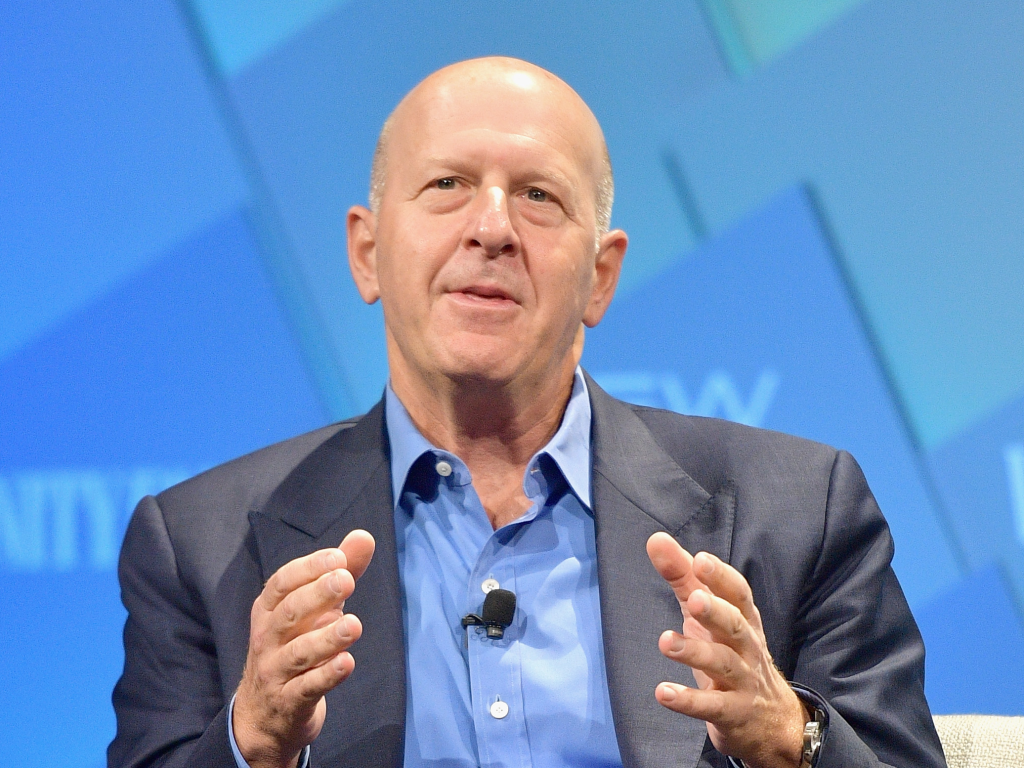Goldman Sachs CEO David M. Solomon is the latest business leader to sound the alarm on the Biden administration’s deficit spending, which comes as the cost of making interest payments on the United States’ ballooning government debt has exceeded spending in both the critical sectors of defense and Medicare.
“I think the level of debt in the United States [and] the level of spending is something that we need a sharper focus on and more dialogue around than what we’ve seen,” the investment banking chief told Bloomberg Television on May 13, adding that if something isn’t done to rein it the spending, it could create problems.
His remarks come as the cost of servicing the United States’ ballooning government debt reached $514 billion for the first seven months of the current fiscal year, becoming the second largest line item in the budget.
Interest spending—now the fastest-growing part of the budget—is currently greater than all the money spent on education ($128 billion), transportation ($70 billion), and veterans ($183 billion) combined.
The nonpartisan Committee for a Responsible Federal Budget (CRFB) predicted that, by 2051, spending on interest will be the largest line item in the budget. Currently, only Social Security spending ($837 billion) is greater than what’s being forked over to service the nation’s growing debt.
“Rising debt will continue to put upward pressure on interest rates. Without reforms to reduce the debt and interest, interest costs will keep rising, crowd out spending on other priorities, and burden future generations,” the CRFB said in a statement.
A number of economists, business leaders, and lawmakers have issued warnings about out-of-control deficit spending that adds to the debt load.
House Speaker Mike Johnson (R-La.) said in October 2023—the first month of the 2024 fiscal year—that it was well past time to establish a bipartisan commission to tackle the federal government’s $34.6 trillion debt.
“The consequences if we don’t act now are unbearable,” he said at the time. Despite his calls for such a commission, the project remains in limbo.
Many Democrats and left-leaning groups oppose the commission because they fear it would recommend cuts to Social Security, while some Republicans have expressed reluctance out of concern it would be a backdoor way to raise taxes.
No Longer a Pandemic
In his remarks to Bloomberg Television on May 13, Mr. Solomon said that some of the U.S. government’s massive debt-fueled spending in recent years may have been justified to prevent the economy from crashing during the COVID-19 lockdowns. However, he decried the fact that even though the pandemic is no longer a factor, the spending spree continues.
“The spending levels … are continuing at a pace that I think is raising our debt level and creating issues for us down the road,” he warned.
President Joe Biden in March unveiled a sweeping $7.3 trillion budget blueprint, which includes raising the corporate income tax rate to 28 percent from 21 percent and forcing those with wealth of $100 million to pay at least 25 percent of their income in taxes.



